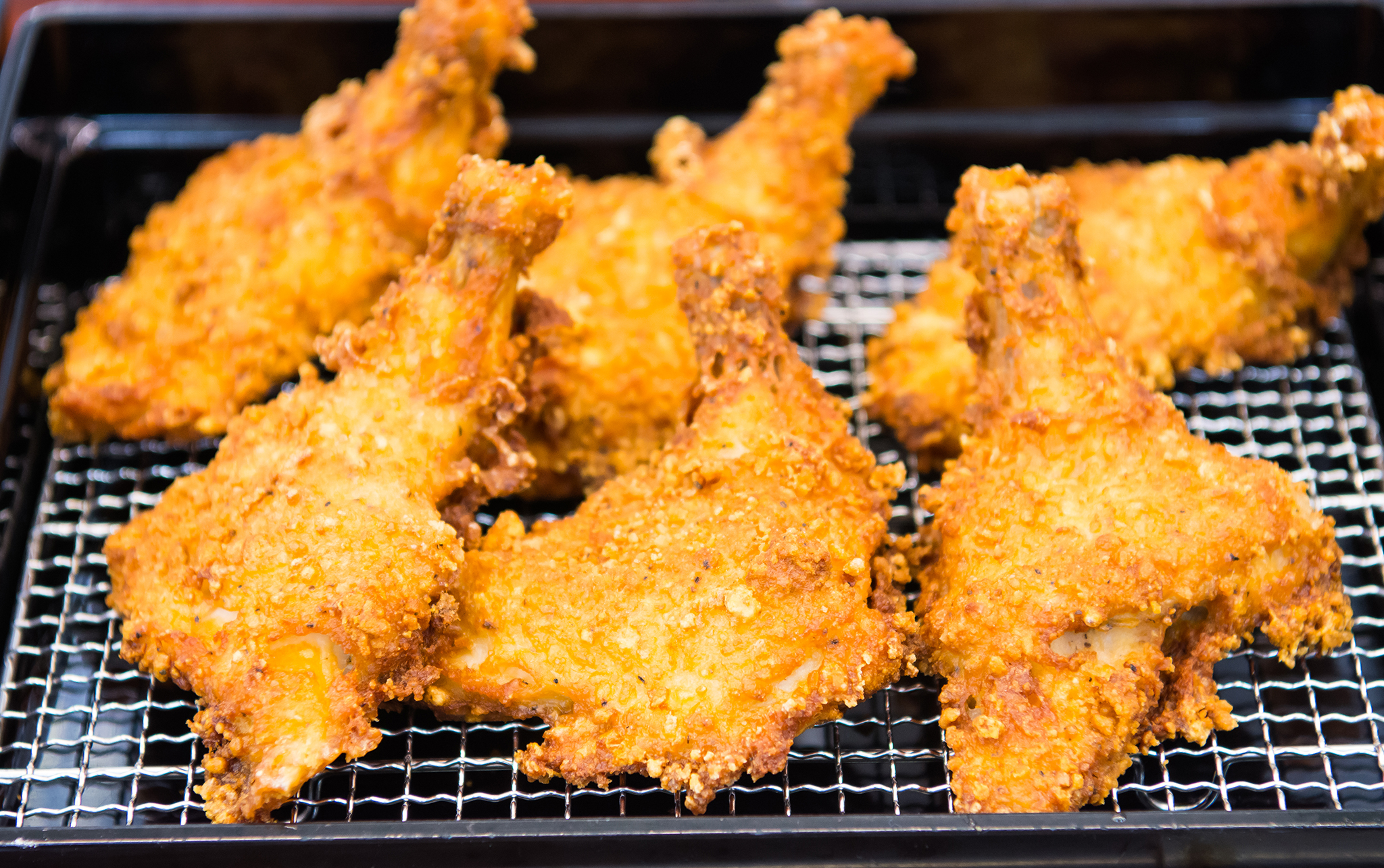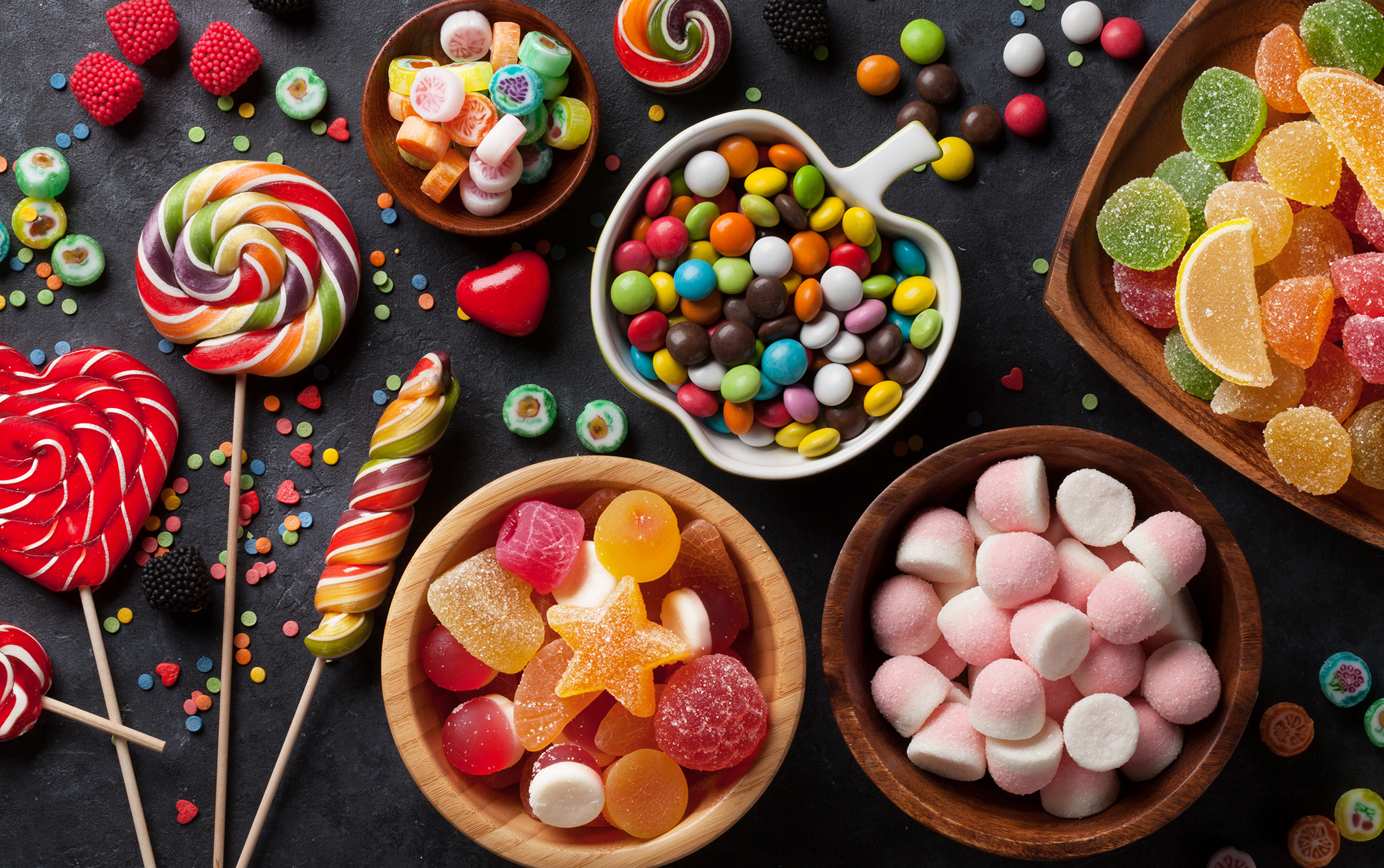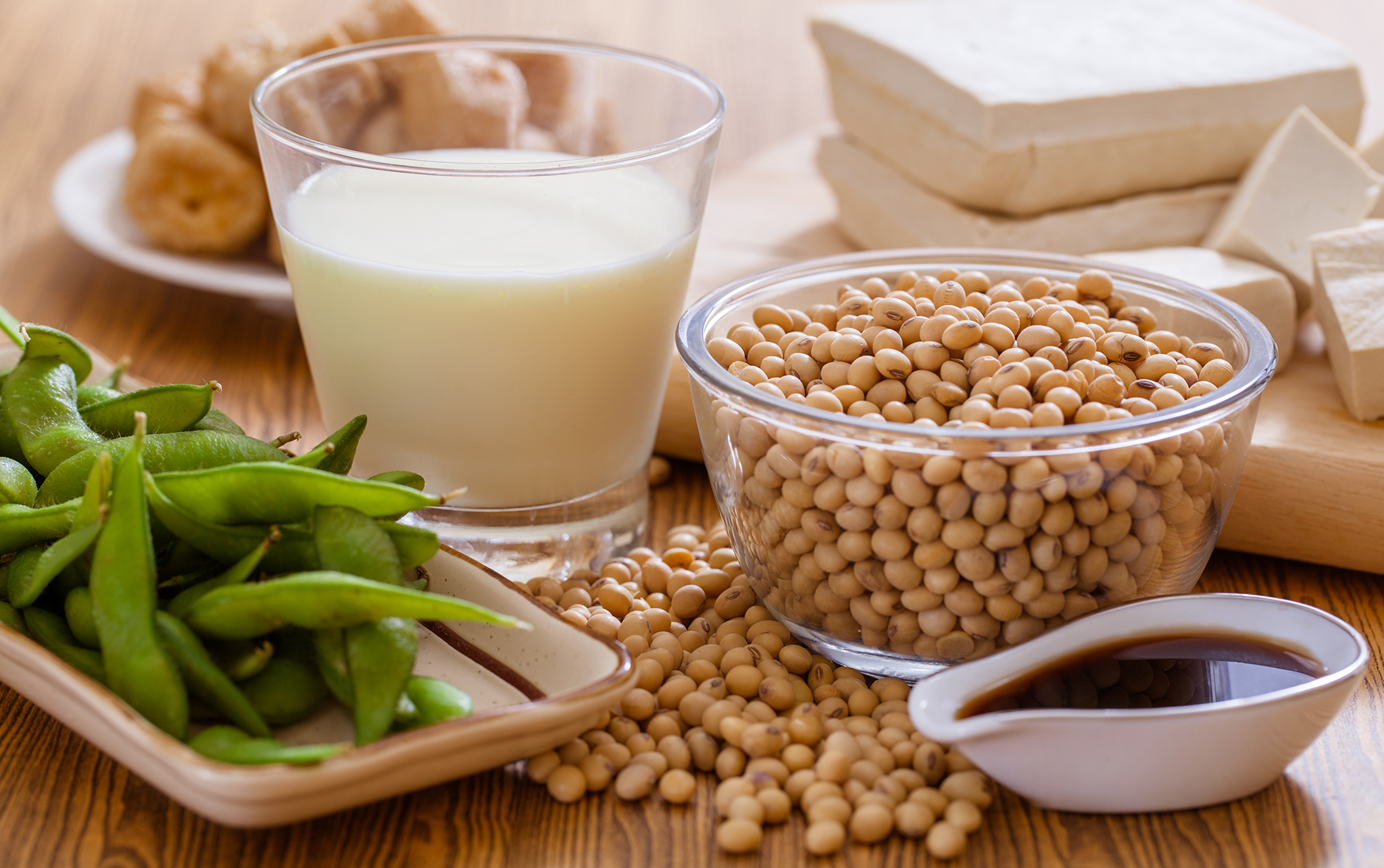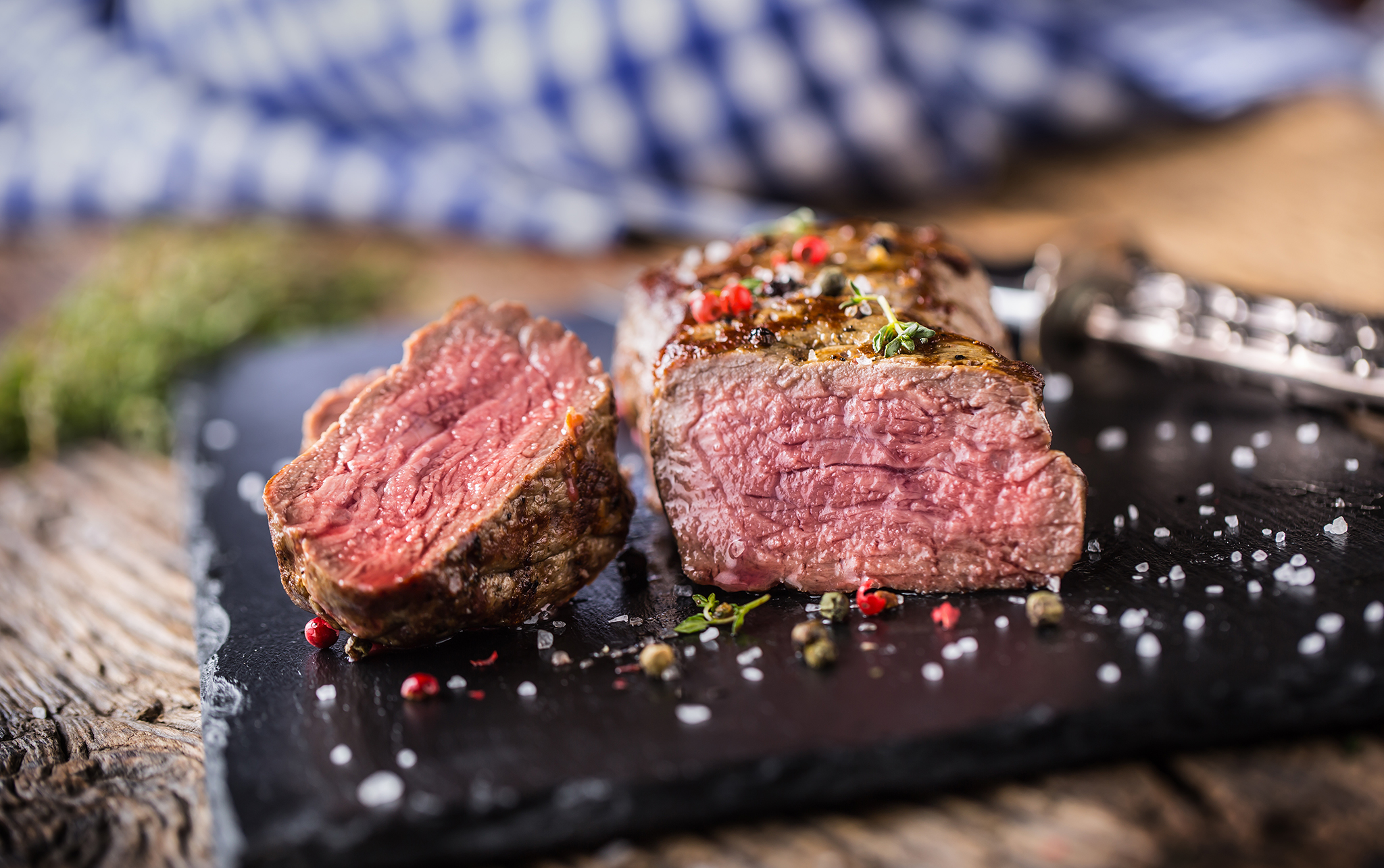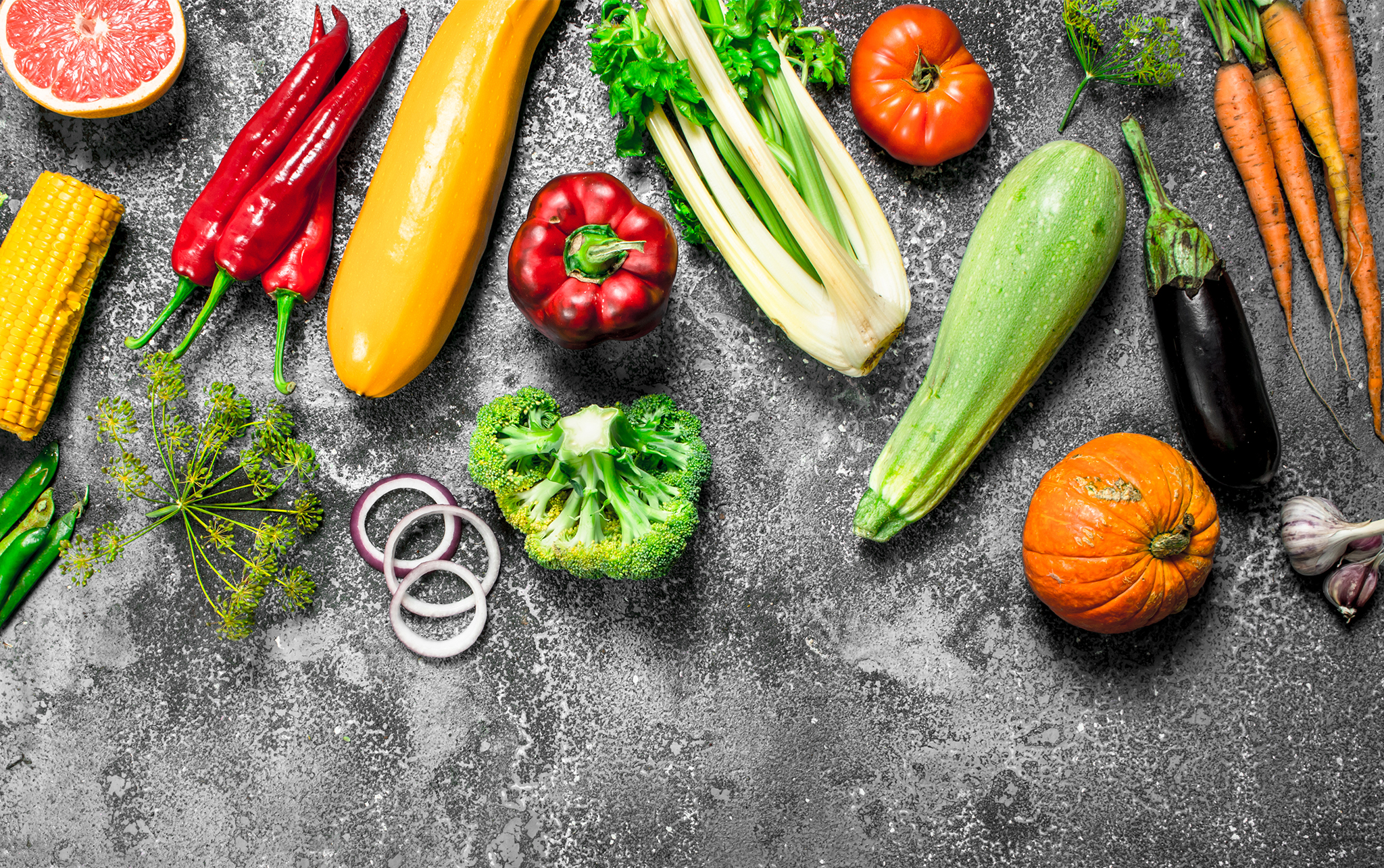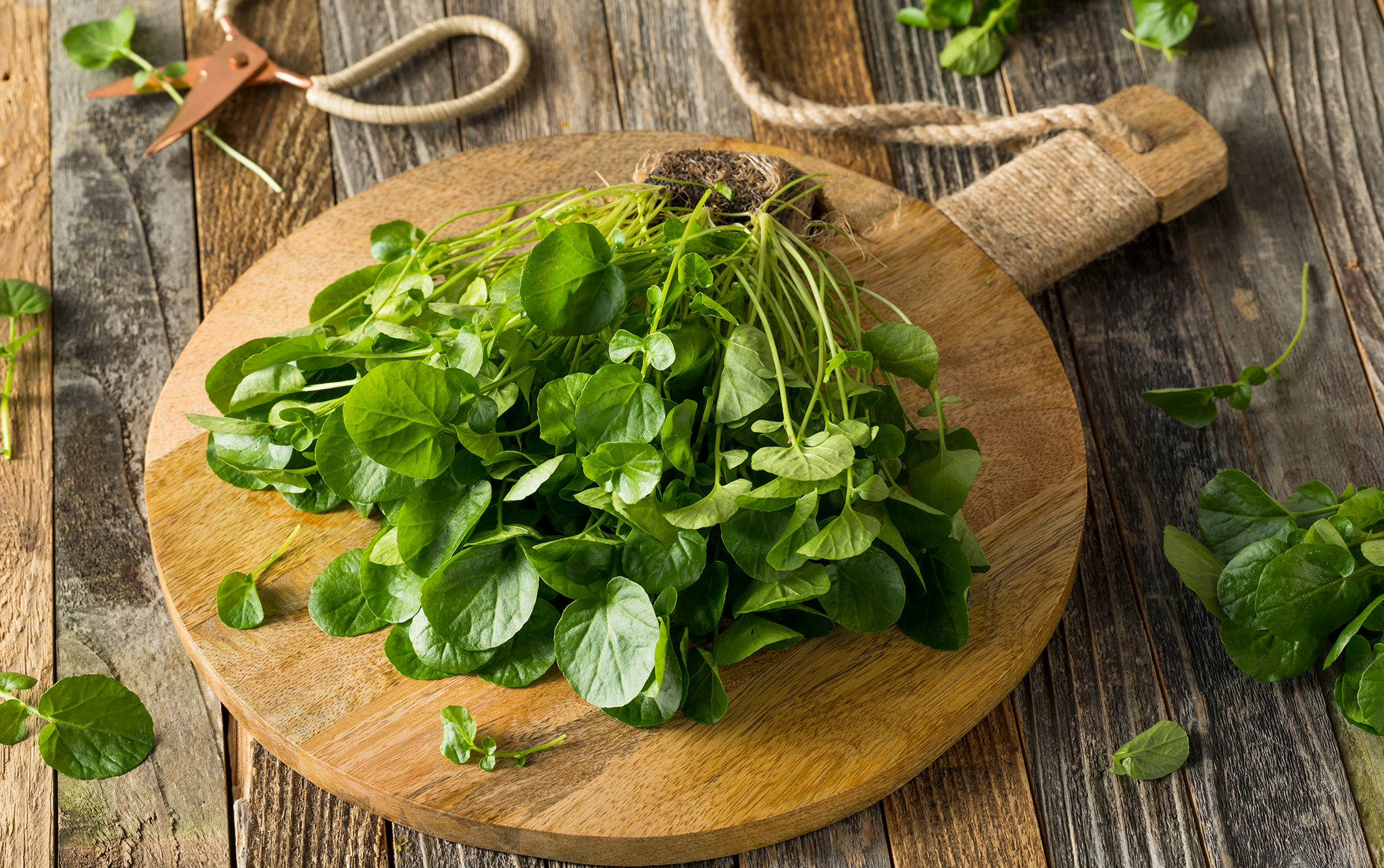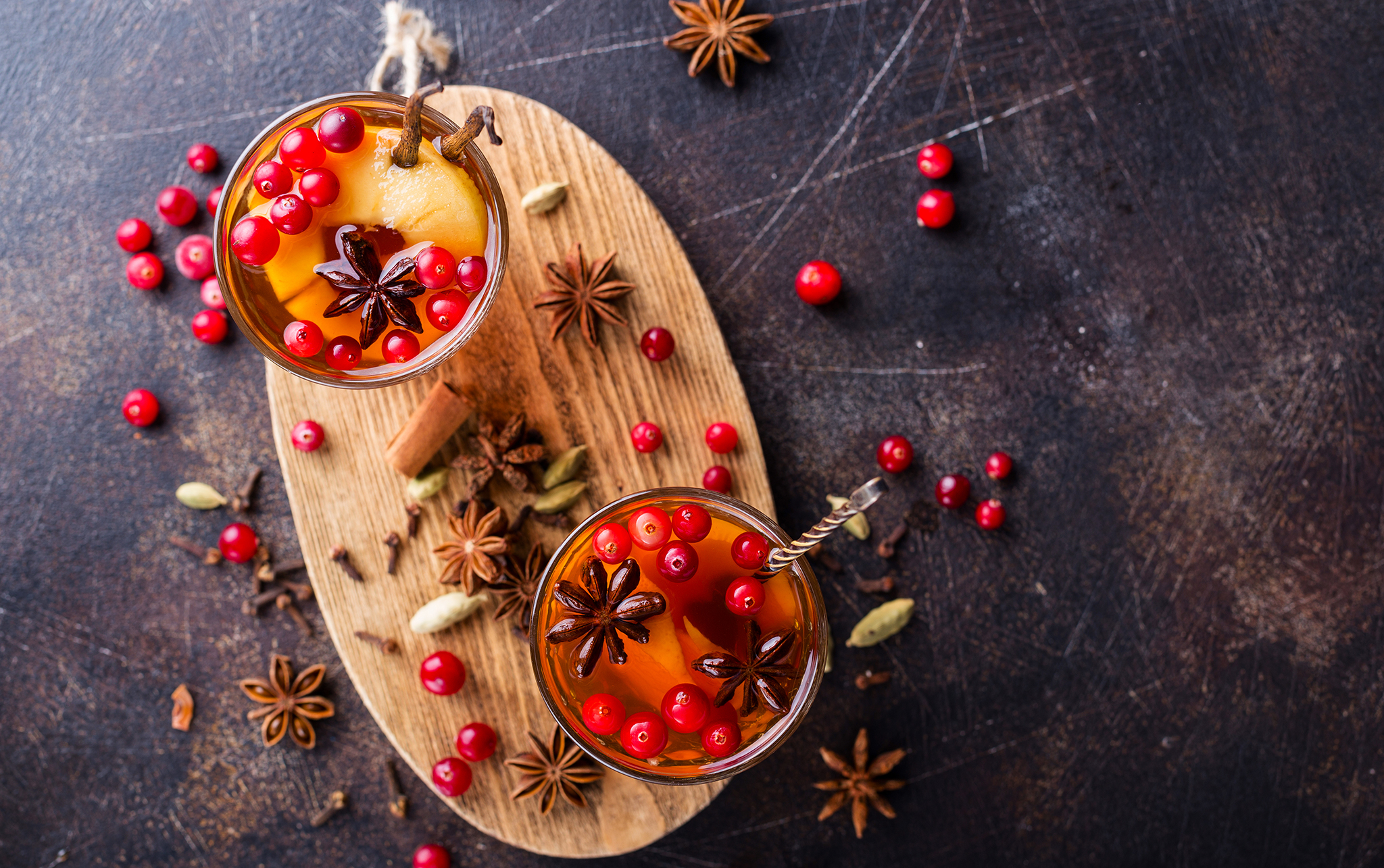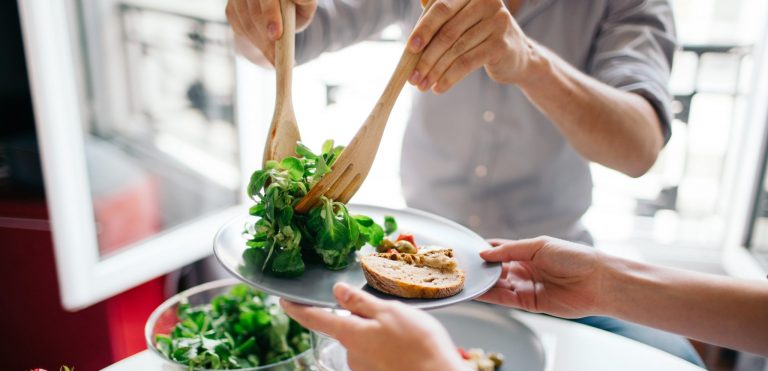You know that feeling of a little something stuck at the back of your throat and nose when you’re sick? That is phlegm, produced by mucus membranes that line your mouth, nose, throat, sinuses and lungs. Avoiding certain mucus producing foods can help your healing process.
Phlegm isn’t all bad. In fact, it’s an essential part of protecting and supporting your respiratory system by trapping allergens, dust and viruses. Phlegm only becomes problematic when there is too much of it, or when it is too thick, which can make your throat feel irritated and uncomfortable.
Luckily, you can somewhat control the production of mucus by simply paying more attention to the foods you eat. Read on to find out about foods that cause phlegm, as well as those that help reduce its production.
Mucus producing foods
Below is a list of mucus causing foods. It’s not necessary to completely eliminate these from your diet, but knowing what to avoid or reduce, particularly when you are feeling ill, can make a big difference to your wellbeing.
Wheat
Gluten found in wheat products (like bread and pasta) can cause excessive mucus, especially for those with a gluten intolerance.
Deep fried foods
Excess saturated fat present in deep fried foods can not only clog the arteries by raising cholesterol levels but can also stimulate increased mucus production.
Sugary treats
Foods which contain added sugars, such as candy, pastries and cookies are known to increase mucus production. Although they taste delicious, we all know there is very little benefit from eating these products.
Soy
Soy isn’t all bad but consuming too much of it can stimulate the production of unhealthy mucus in the body. Particularly if you are already feeling under the weather, it might be best to leave that soy milk and tofu off the menu until you are better.
Red meat
Red meat is known to increase the buildup of mucus in the throat. This is particularly the case with high-fat and processed meats. Organic fish and poultry would be a much better option for those tackling excess phlegm.
Caffeine
Drinks containing caffeine, like black tea, coffee and soft drinks, accelerate mucus buildup. Swap these drinks for some caffeine-free alternatives (like decaf coffee and herbal teas) to reduce phlegm.
Alcohol
I know, sometimes it’s nice to wind down with a little tipsy drink. But if you are looking for ways to reduce mucus production, alcohol is definitely one to avoid.
Alcohol triggers the expansion of the blood vessels in your nose and sinuses and this increased blood flow can lead to nasal and sinus congestion. In addition, alcohol causes dehydration which can further increase mucus in the nose and sinuses.
Mucus reducing foods
It may seem like there’s not an awful lot left to eat after the long list of mucus forming foods. But that’s far from the truth. In fact, there are many foods which actually act as mucus-cleansers.
Fruits & vegetables
- Onion
- Garlic
- Ginger
- Pumpkin
- Celery
- Radishes
- Pickles
- Grapefruit
Leafy greens and herbs
- Parsley
- Watercress
Teas & spices
- Cayenne pepper
- Turmeric
- Rose hips tea
- Chamomile tea



